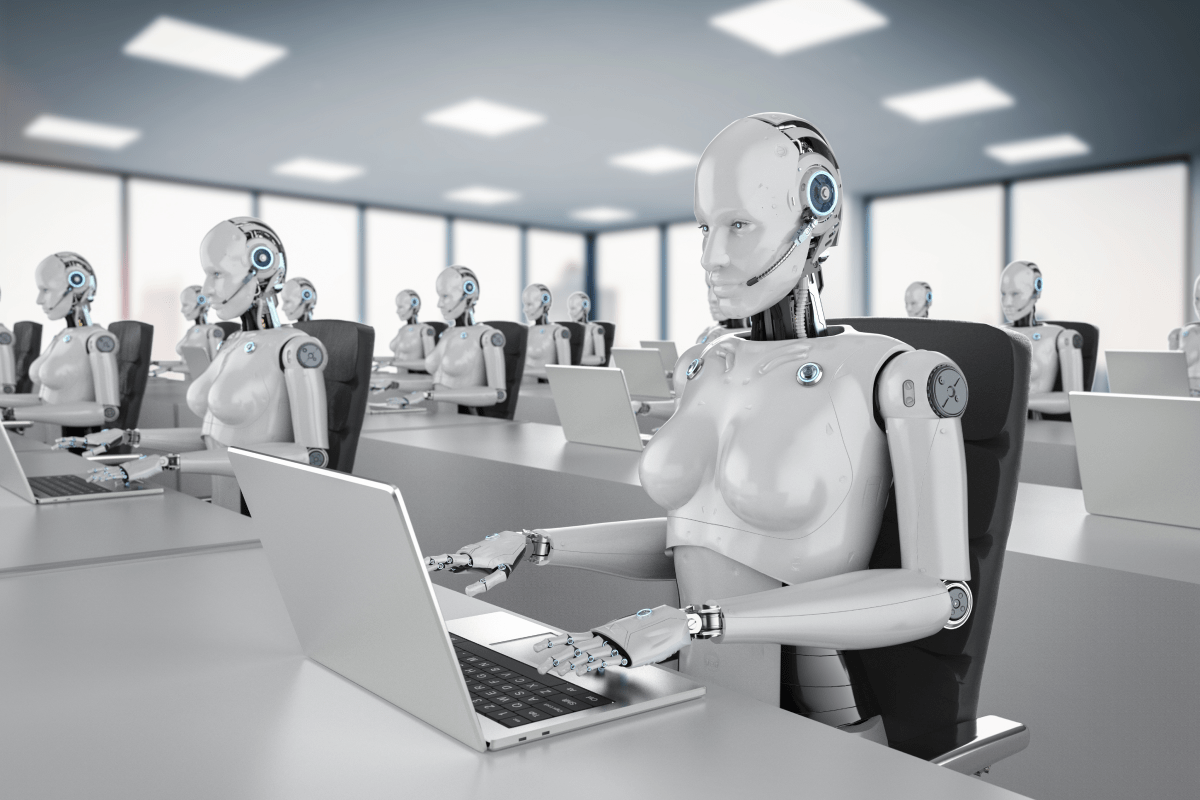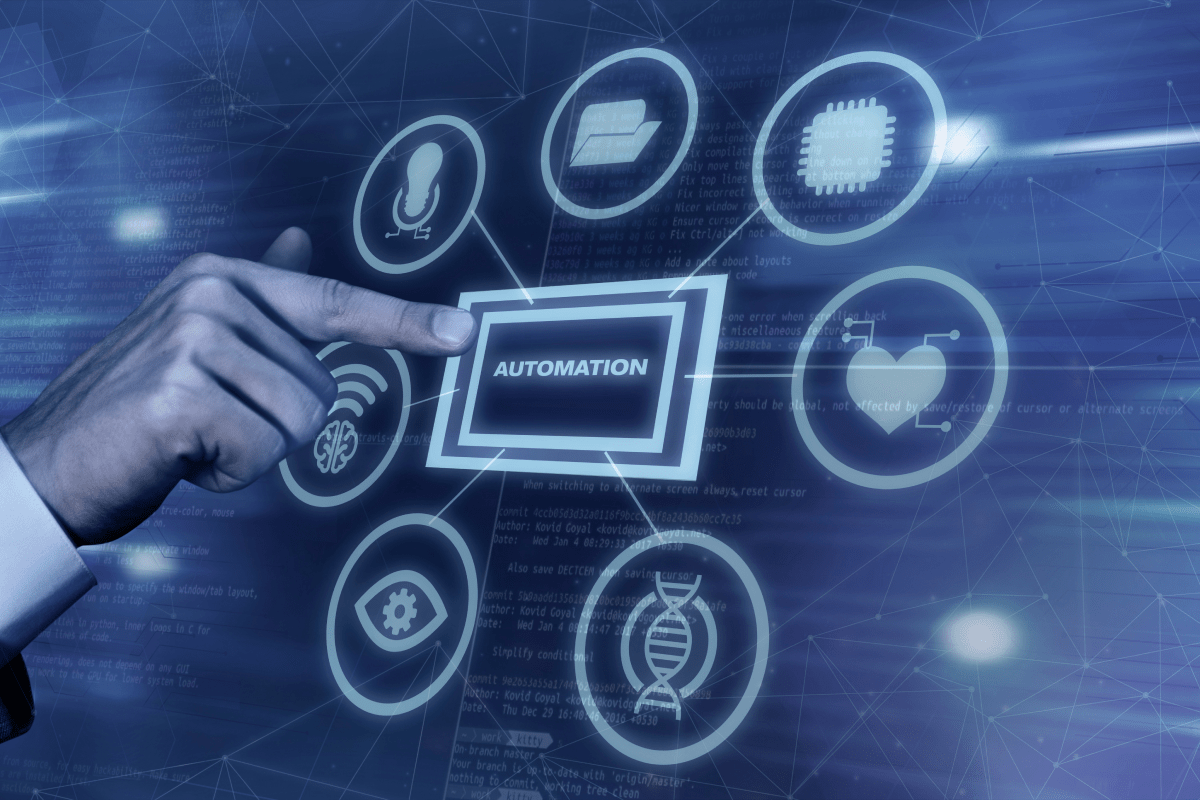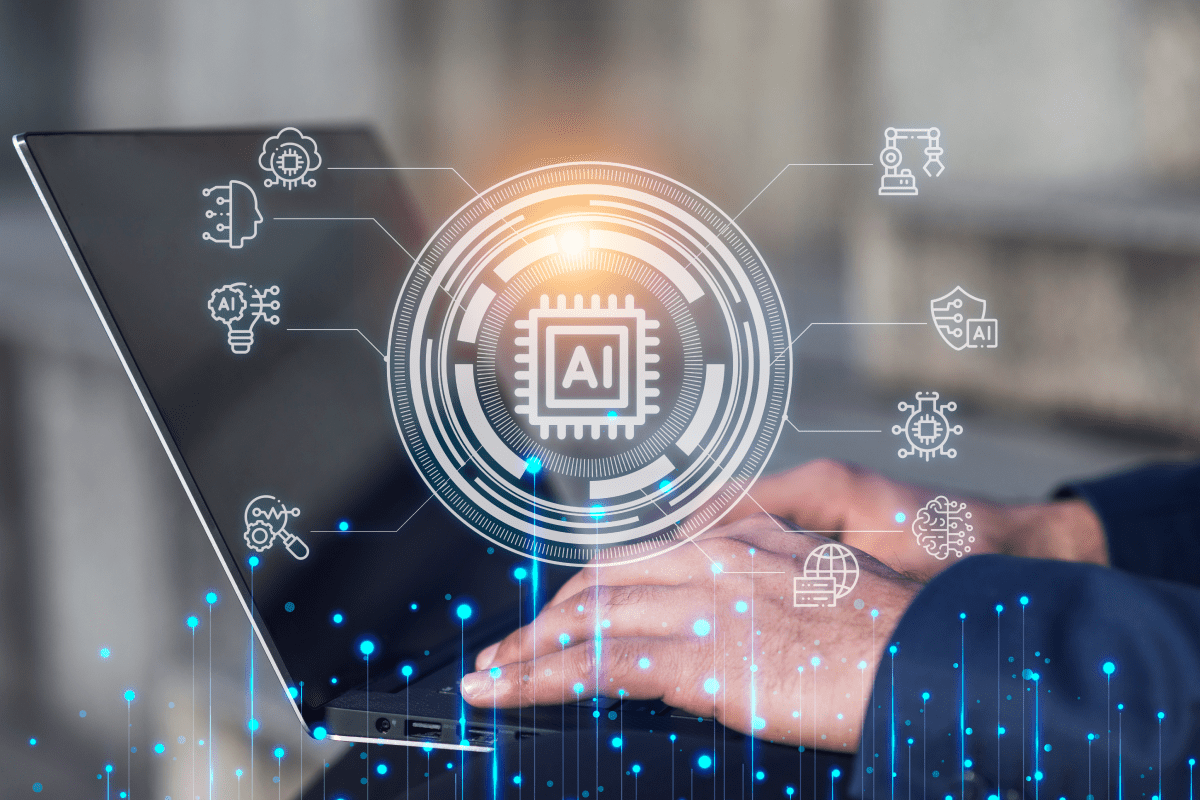The rapid advancement of technology, particularly in the realm of future work with automation, is revolutionizing the way we work. Automation, powered by artificial intelligence (AI), robotics, and machine learning, has the potential to reshape job roles, workflows, and the very nature of the future workplace. In this blog post, we will delve into the exciting and transformative changes brought about by future work with automation and discuss the implications for individuals, businesses, and society as a whole.
Future Work with Automation and Job Roles
The integration of automation technologies into various industries has sparked discussions about the impact on job roles. While automation does replace certain tasks, it also creates new opportunities. Here are some key points to consider:
Job Displacement vs. Job Enhancement
One of the most common concerns is job displacement. Many fear that automation will lead to job losses, particularly in routine and repetitive tasks. While some roles may indeed become obsolete, automation often enhances job roles by automating mundane tasks, allowing employees to focus on higher-value work.
New Job Categories
Future work with automation gives rise to entirely new job categories. For example, roles related to designing, programming, and maintaining automated systems are in high demand. Data scientists, AI developers, and automation engineers are just a few examples of positions that have emerged due to automation.
Skill Requirements
With future work with automation, there is an increasing demand for a diverse skill set. Soft skills such as creativity, critical thinking, and emotional intelligence become more valuable alongside technical expertise. Continuous learning and adaptability will be crucial for individuals to thrive in this evolving landscape.
Cost-effectiveness
By automating tasks, businesses can decrease the hours spent on manual processes, thus reducing labor costs and other associated expenses.
Workflow Transformation with Future Work and Automation
Future work with automation has a profound impact on how work is organized and executed within organizations. Here’s how workflows are being transformed:
Efficiency and Productivity
Automation streamlines processes, reducing the time and effort required to complete tasks. This leads to increased productivity and efficiency. For example, in manufacturing, robots can assemble products with incredible speed and precision, resulting in cost savings and higher output.
Data-Driven Decision Making
Automation generates vast amounts of data, offering organizations valuable insights into their operations. Businesses can leverage this data to make informed decisions, optimize processes, and improve customer experiences.
Remote Work and Collaboration
Automation, combined with digital tools and platforms, has facilitated remote work and collaboration. Virtual teams can seamlessly work together, regardless of geographical locations. This has far-reaching implications for the concept of a traditional office.
The Future Workplace with Automation
The traditional workplace is evolving into something entirely different, driven by automation and technological advancements:
Flexible Work Arrangements
The future workplace embraces flexible work arrangements, including remote work and hybrid models. Employees have greater autonomy over when and where they work, resulting in improved work-life balance.
Redefining Leadership
Leadership in the age of future work with automation involves managing cross-functional teams, leveraging data insights, and fostering innovation. The role of leadership is shifting from hierarchical to collaborative.
Employee Well-being
The focus on employee well-being is gaining prominence. Automation can alleviate some of the burdens associated with work, allowing employees to focus on meaningful tasks. Employers are investing in initiatives to support mental and physical well-being.
Industries and Future Work with Automation
Future work with automation is transforming various industries in unique ways. Let’s explore some sectors that are experiencing significant changes:
Healthcare
Automation in healthcare includes robotic surgery, AI-driven diagnostics, and remote patient monitoring. These advancements enhance patient care and reduce the burden on healthcare professionals.
Finance
In finance, automation powers algorithmic trading, fraud detection, and customer service chatbots. It enables quicker and more accurate financial decision-making.
Retail
Retail automation includes cashier-less stores, automated inventory management, and personalized customer recommendations. These innovations enhance the shopping experience.
Manufacturing
Manufacturing relies heavily on business automation for tasks like assembly, quality control, and supply chain management. This leads to increased production capacity and higher-quality products.
Ethical and Social Considerations in Future Work with Automation
As future work with automation becomes more prevalent, ethical and social considerations come to the forefront:
Job Displacement and Income Inequality
The potential for job displacement can exacerbate income inequality. It is crucial for policymakers and businesses to address this issue through education and social safety nets.
Privacy and Data Security
Automation collects and processes vast amounts of data, raising concerns about privacy and data security. Robust regulations and safeguards are necessary to protect individuals’ data.
Human-AI Collaboration
Finding the right balance between human workers and AI systems is a challenge. Ethical considerations include ensuring that AI does not perpetuate biases and discrimination.
Conclusion
Future work with automation is undoubtedly reshaping the future of work. While it brings about challenges and uncertainties, it also offers unprecedented opportunities for innovation, productivity, and improved quality of life. The key lies in how individuals, businesses, and society adapt to these changes and harness the full potential of automation in the workplace. The future is automated, but it is also filled with possibilities for those who embrace it with creativity and foresight.









